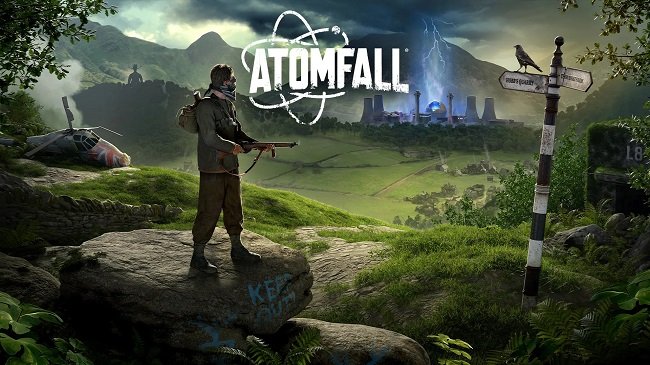A Lack of Consensus
One of the things that stands out about the reader comments over at Massively Overpowered is that there is seldom any sort of consensus. Regardless of the subject it become quickly apparent that views differ greatly and clearly reflect the fact that gamers do not want the same things. The only point that most agree upon in principle is that everyone wants “good” games. However, this is a nebulous term, devoid of a universally agreed definition. What one gamer deems as being a good or an essential mechanic, another will consider a complete anathema, leaving us with a divided player base. In fact, the gaming community seems to reflect a wider trend that manifests itself in politics, religion and other social issues at present. There simply isn’t a prevailing majority consensus. A lot of the assumed sacred cows and alleged shared values associated with all these communities are either waning or have proven to be bogus. Naturally, many would argue that such differences are simply human nature and a foible of the human condition. However, it does present a difficult problem for the games industry.
Gaming, like the music and film industry, is frequently driven by established formulas and pursuing known quantities that work. Hence, most major triple A developers tend to not stray from the known path when dealing with high budget projects. As a result, the market is subsequently dominated by sequels, remasters and variations on proven themes. Now this approach doesn’t necessarily please everyone, but it undeniably keeps the money rolling in. However, one of the commonest complaints you’ll hear from gamers is a lack of innovation and it is justified to a degree. Theoretically, there should be a big enough market of gamers seeking new experiences to merit some experimentation. Sadly, the big dogs of the industry are not too keen on taking such risks. In the past there have been a few high-profile games that have sought to cater for this gap in the market, but it never seems to be the roaring success that was expected. Thus, like the music and movie business, experimentation and straying from the accepted norm in games development is the prerogative of smaller, independent producers.
It is ironic that as gamers, we find ourselves at this point. Because, as in contemporary politics, there is a broad appetite for something different at present, or at the least a rejection of the status quo. Surely such an atmosphere should be conducive towards change. But history shows us that change is seldom embraced by those with vested interests and only a few ever have the courage or vision seize the day. This is why in gaming (and in politics), the public will gravitate toward that which appears to be different, or superficially wears the trappings of change and innovation. Games like PlayerUnknown's Battlegrounds are currently having their moment in the sun, but sooner or later the player-base will see through its “alternative appeal” and see it for simply a variation on a theme. Again, social ideas and politicians also risk the same fate. Gamers may not know exactly what they want, but they do at times know what they do not. EA is still nursing it wounds after the recent loot crate debacle. They may even lose their license as a result, which will certainly put a dent in their bottom line.
The reality of the situation is that simply wanting something different is not enough. It is not incumbent solely on the games industry to read our minds and come up with the next big thing exclusively on their own. We as gamers need to figure out about what we want and then be realistic as to whether it’s achievable. The latter requires compromise, which is sadly a quality that is absent from most mindsets at the present. If the triple A gaming sector is dragging its heels, or more to the point is opposed to change, then surely this is the time for the independent sector to step up. Where is the video games industries equivalent of Punk Rock? And by that, I mean proper Punk like The Clash and Dead Kennedys (please insert appropriate and equivalent game developers into this metaphor). Or has rampant consumerism and the commodification of all leisure activities extinguished the idea and possibility of organic, real change. Is the next big thing or any new approach, simply another product to be assimilated by market forces to be bought and sold? If that is true, can there be any sort of consensus ever again?




























